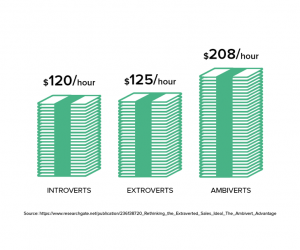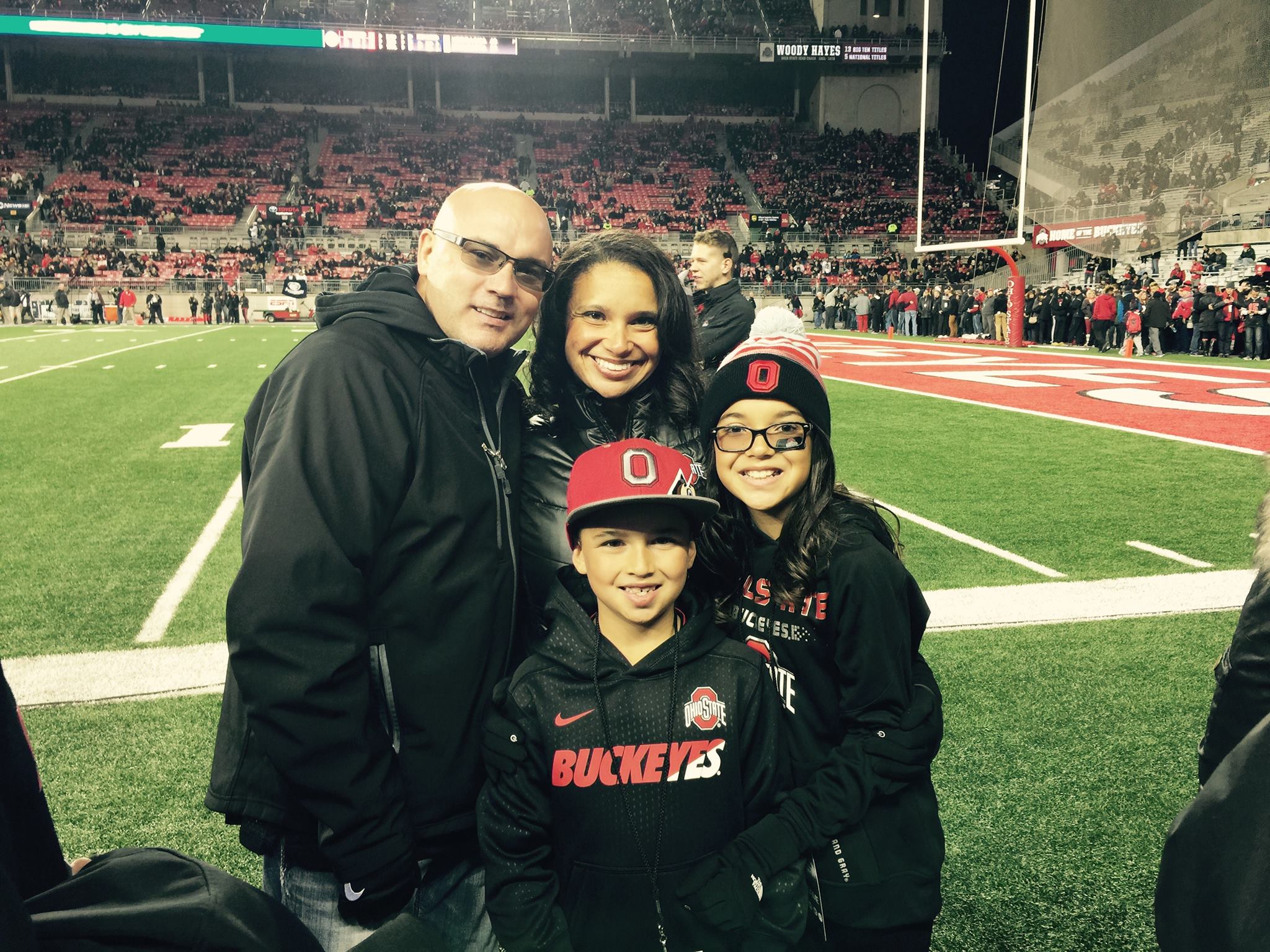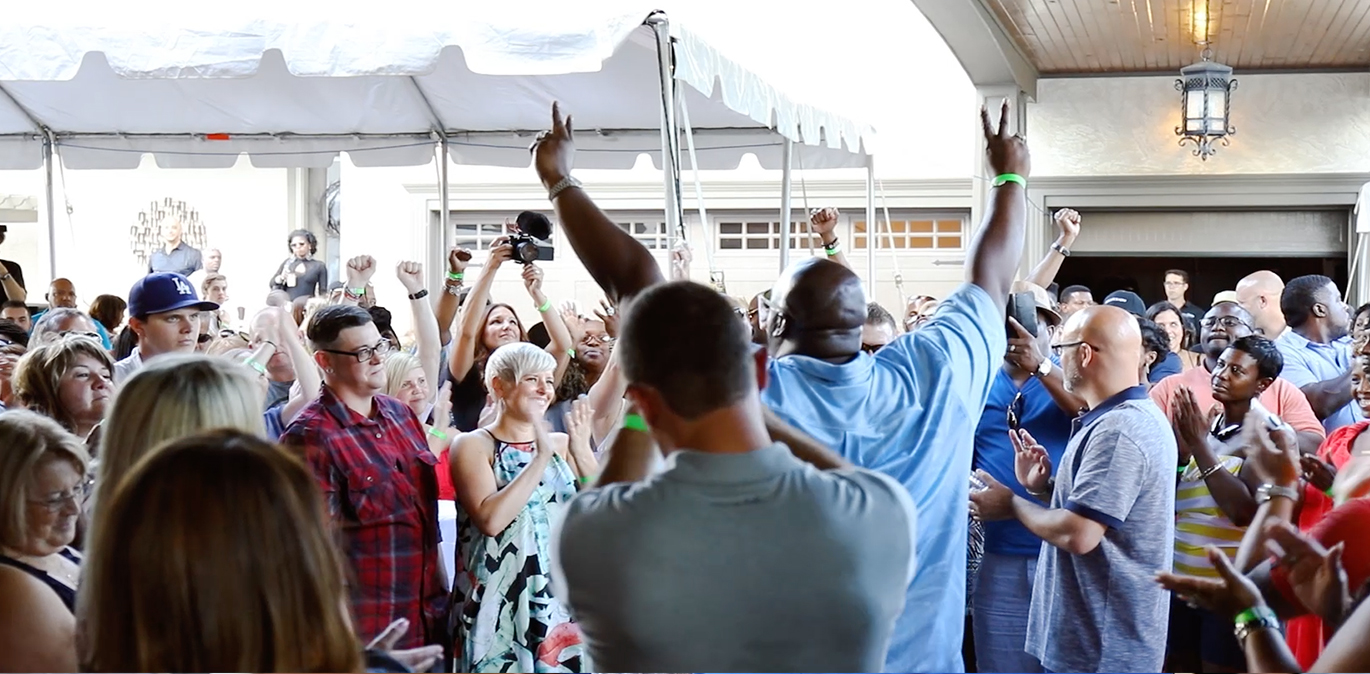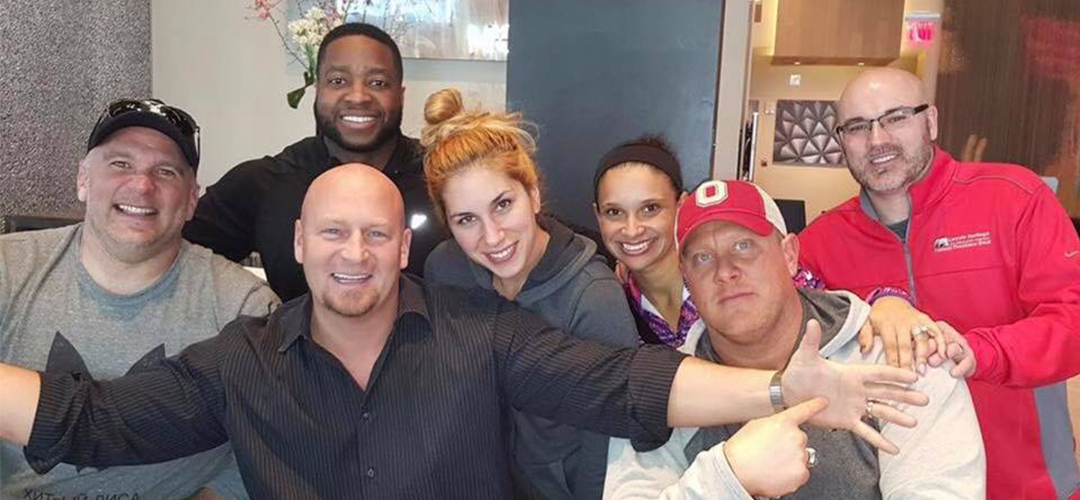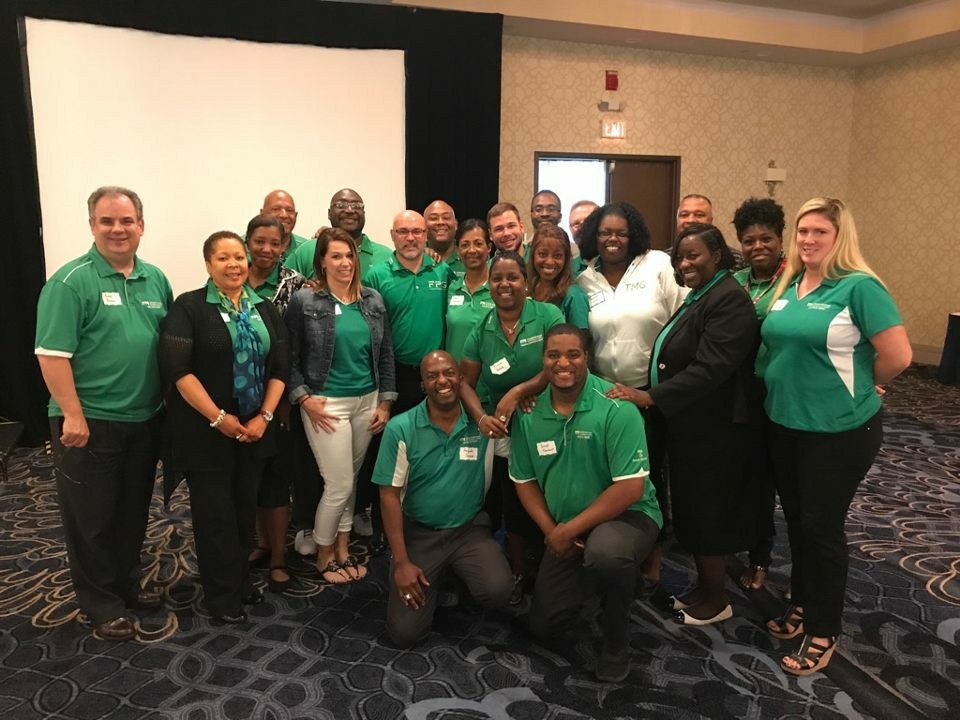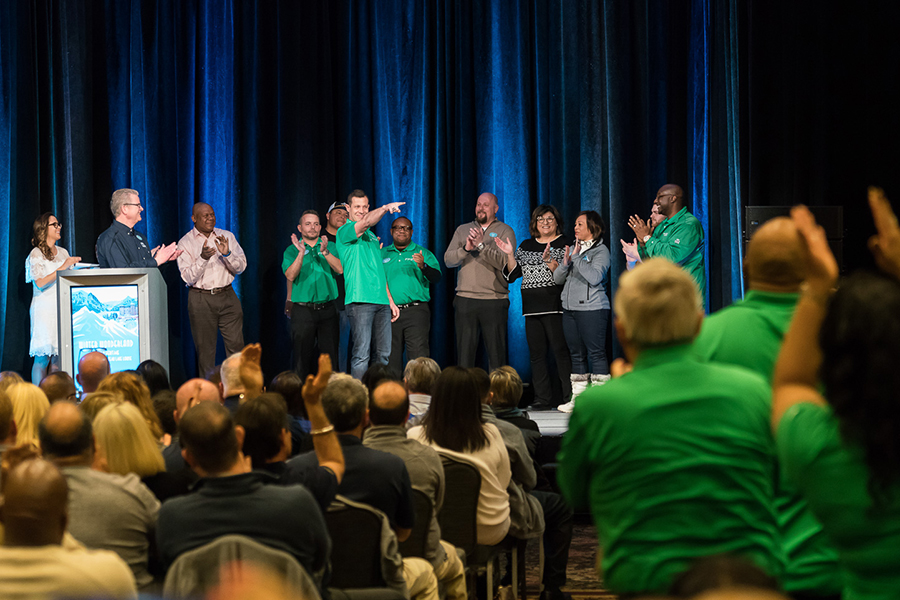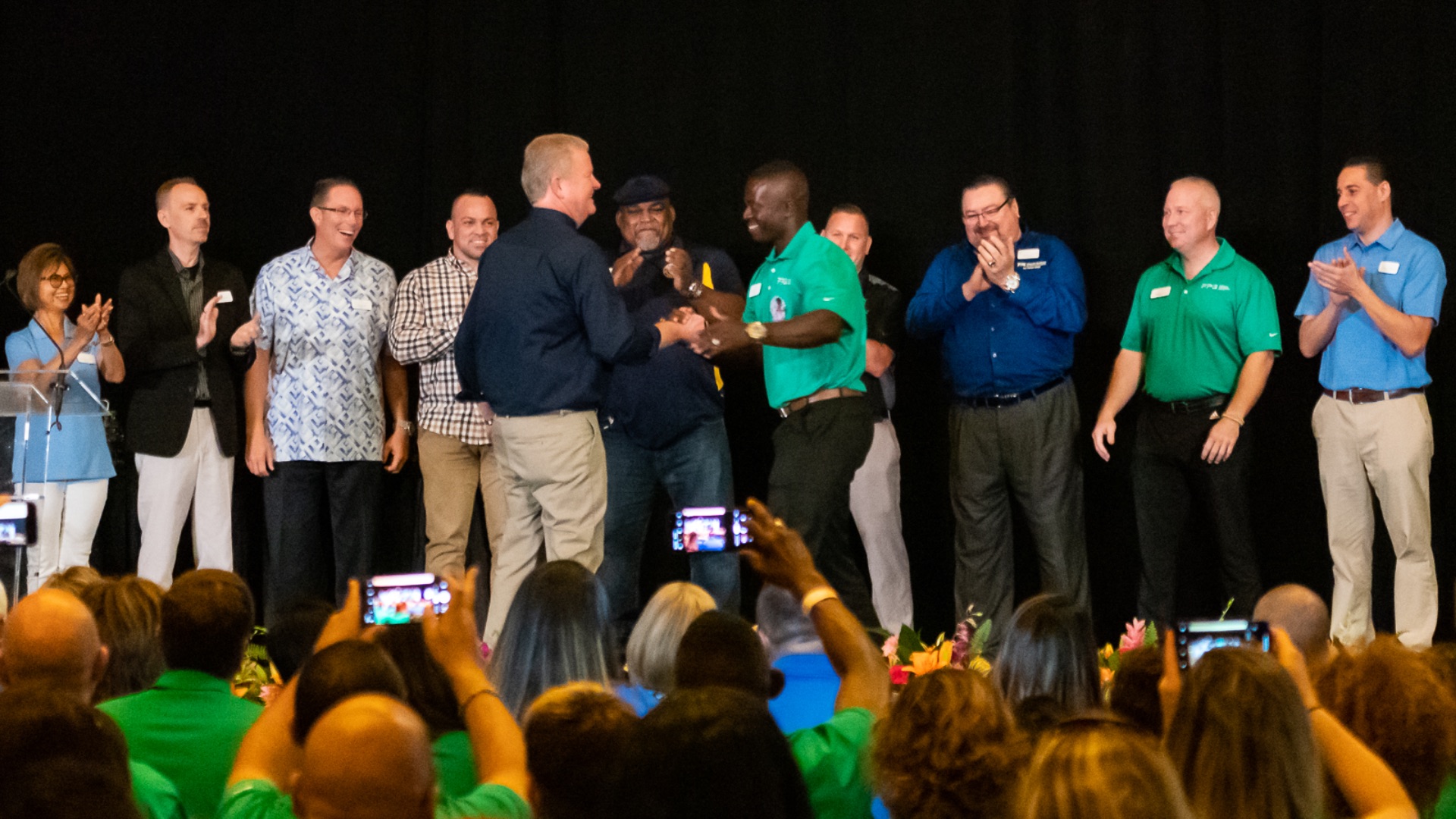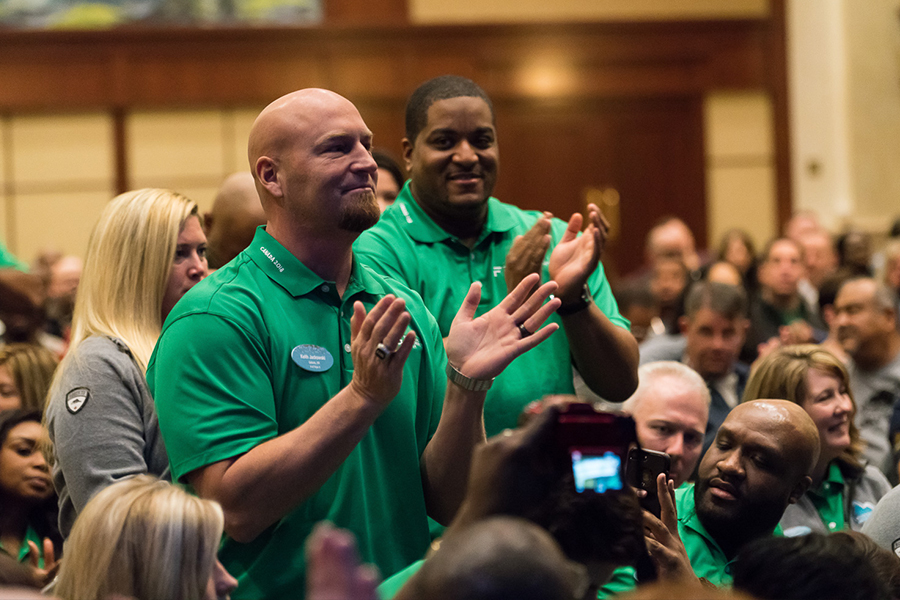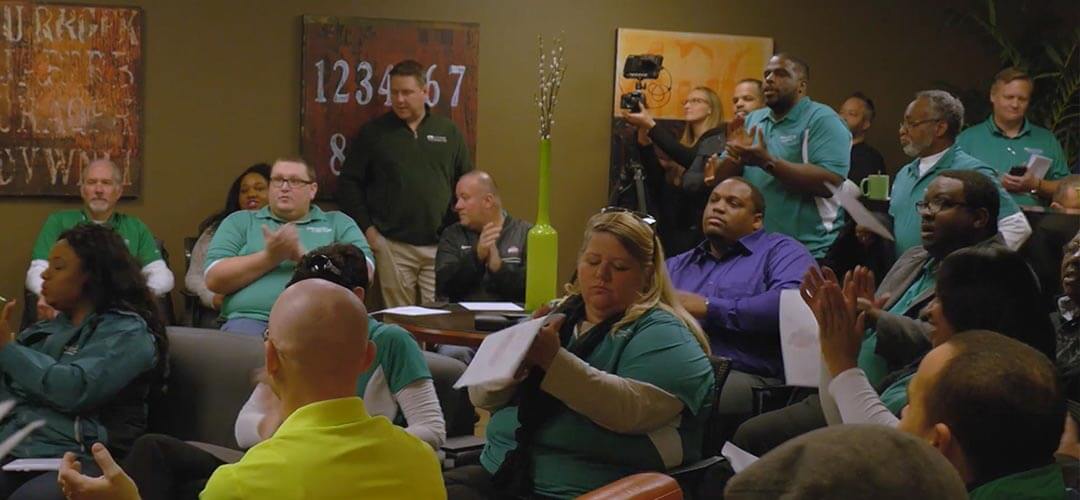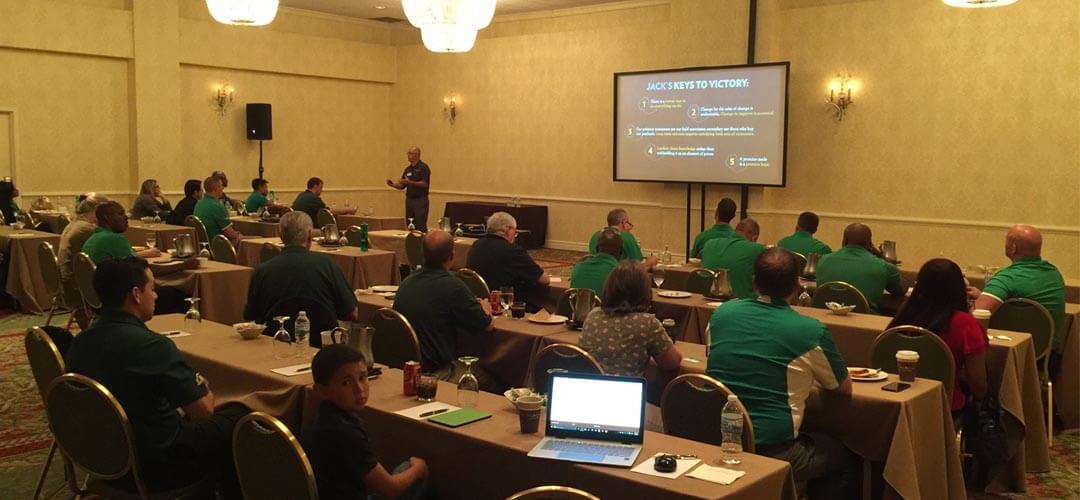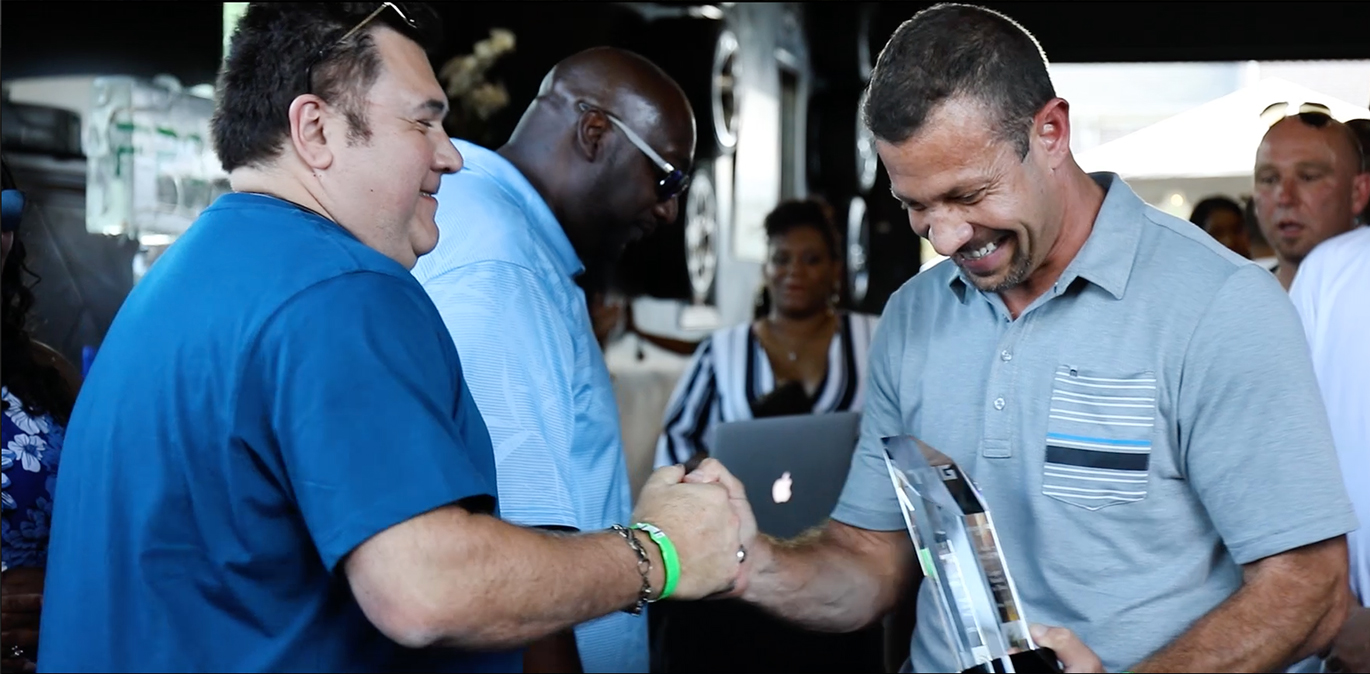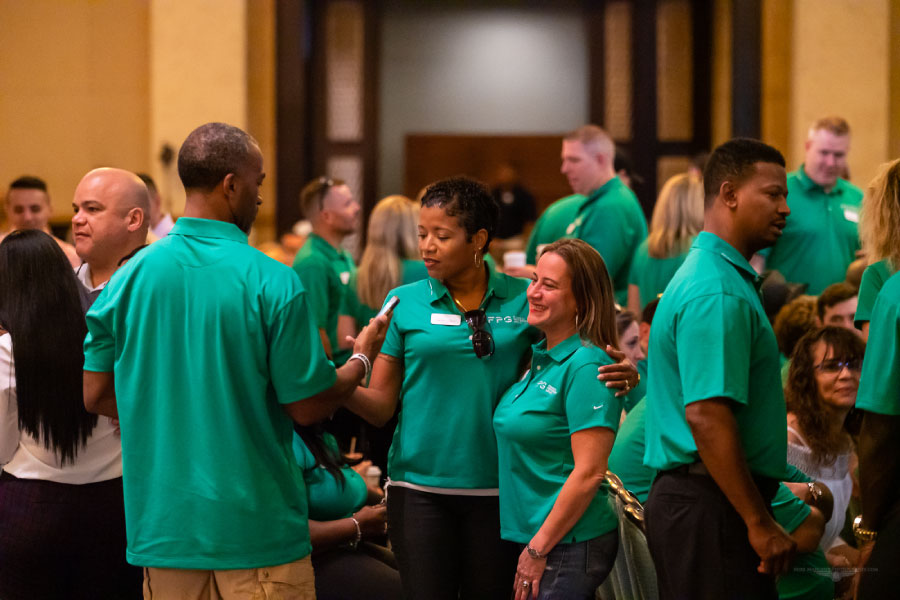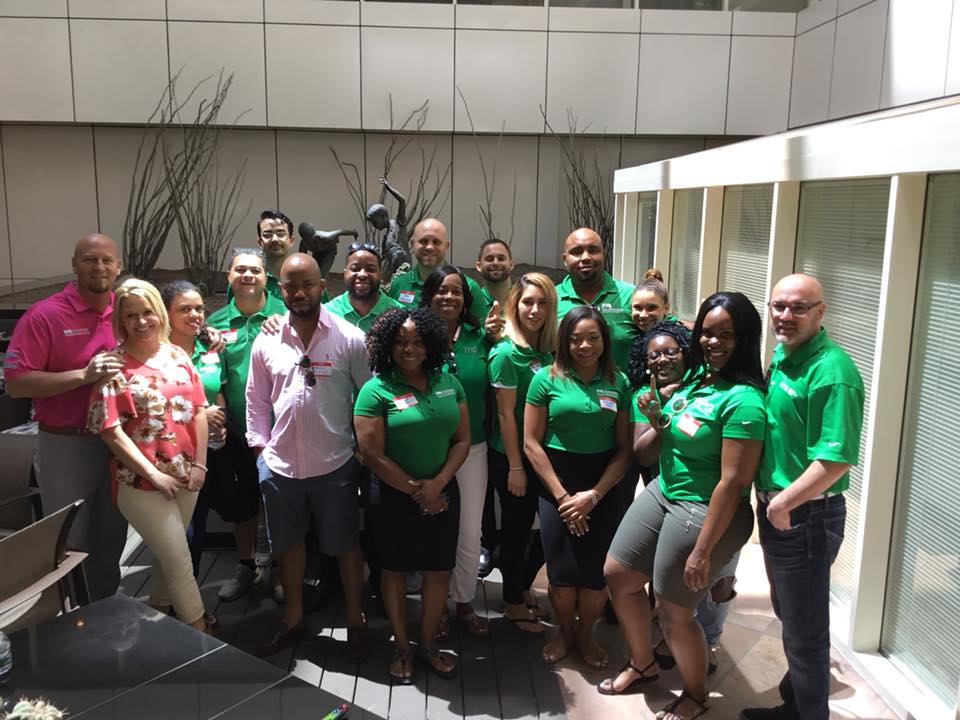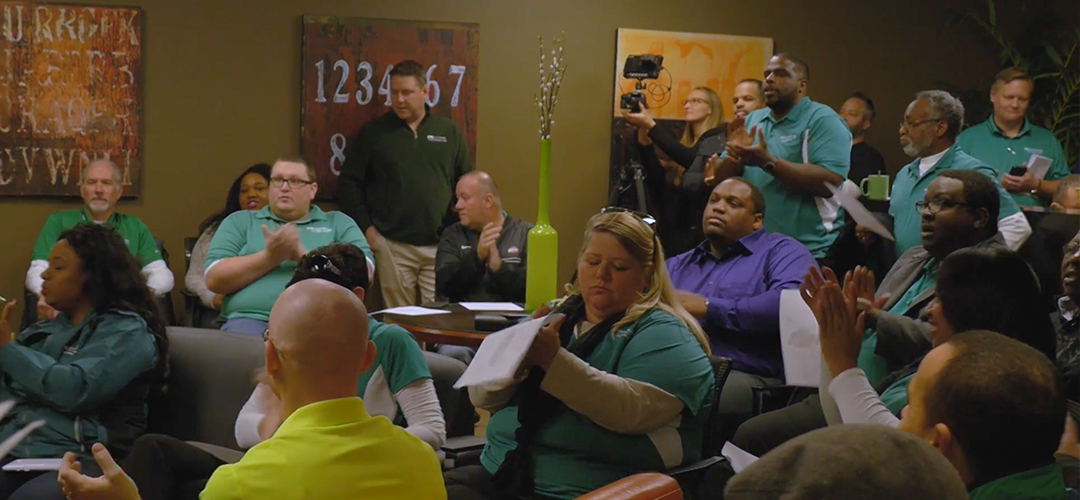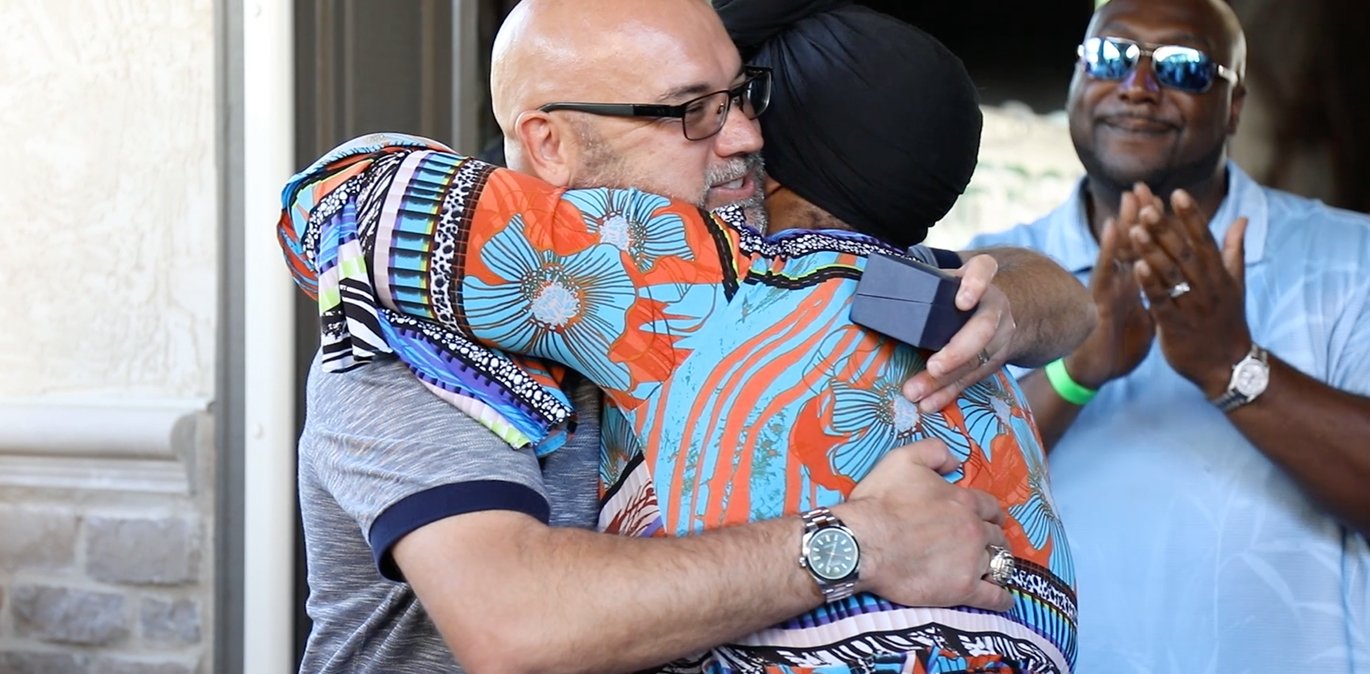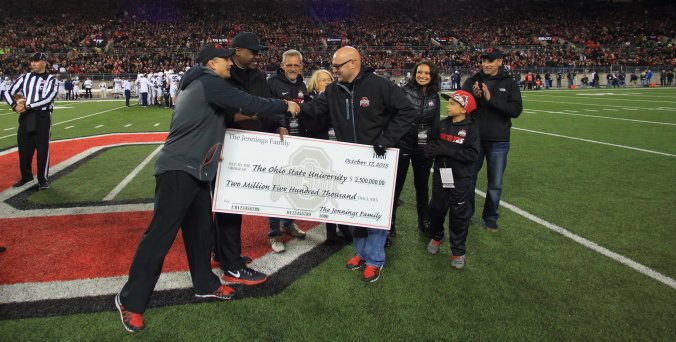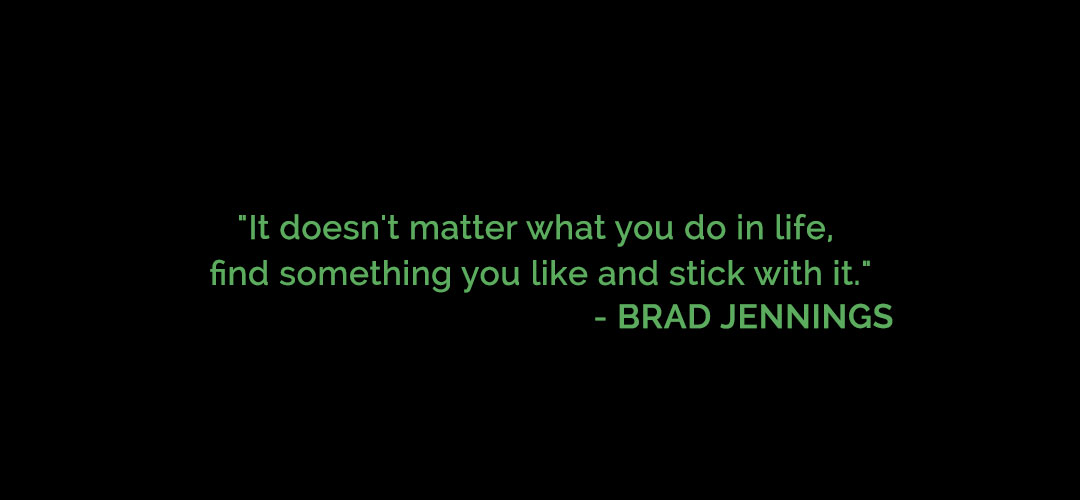Quit being a cold-call coward and become a confident closer.
We’re all wired differently.
Some are natural extroverts who can close a deal while literally out for dinner with their families post soccer game. Others do all the right things but once they get in a position to move in for the close, they panic.
There is no rhyme or reason to why, how, and which people get into sales.
We’re here to tell you: it doesn’t matter.
With some words of wisdom and a friendly push on the back, we believe nearly anyone can become an expert closer—with a spoonful of enthusiasm and a slight attitude adjustment.
Not feeling it? That’s okay¾just stick around. If you’re in sales, we’re sure you’ll find this helpful.
Just because you’ve been doing it for a long time, doesn’t mean you ever start liking it.
In fact, there are people who have been in sales for decades who still say they “hate selling.” Longevity doesn’t exactly make a sales expert make.
If you’ve ever interacted with salespeople (uh, hello, how many times daily?!), there are probably three characteristics that immediately come to mind: shifty, scheming, and shady.
But not everyone is like that. And we believe that the more authentic and compassionate you are, the better your sales will be and the more meaning your career will provide.
The truth is, if you’re in business on any level or responsible for persuading anyone of anything, you need to get your mind right first. In fact, as Jennifer Faulkner says in Sales, “Your survival depends on it.”
Being a master-manipulator may make you $$$, but it doesn’t make you a good person.
Some may be able to “sell a glass of water to a drowning man,” but salespeople with true character and integrity don’t get ahead using manipulation.
Instead, they make their success by providing something of true value that is needed by the consumer or client.
Yes, it’s actually okay to take “no” for an answer.
If you are in sales, you’ve probably heard people say to never take no for an answer. Period. But some of the best salespeople know how to walk away from a dead-end prospect. In fact, by walking away instead of incessantly hounding, the salesperson is often more likely to secure the deal at a later date.
It’s okay to be an introvert.
You don’t have to be a spotlight-seeking, outgoing, loud person to land a deal. A study by Psychological Science demonstrated that introverts and extroverts earn close to the same, and that ambiverts tend to earn the most.
Ambi-whats? Yes, an ambivert. An ambivert is a term that originated in the 1920s to describe a person who is neither extremely introverted nor extremely extroverted.
“The conventional view that extroverts make the finest salespeople is so accepted that we’ve overlooked one teensy flaw: there’s almost no evidence it’s actually true.” The Washington Post, Why Extroverts Fail, Introverts Flounder, and You Probably Succeed
In another study shared by Faulkner, research found that introverted salespeople earned on average $120/hour, extroverts $125/hour, and ambiverts cleaned up at an impressive $208/hour.
According to Adam Grant in Rethinking the Extraverted Sales Ideal: The Ambivert Advantage,
“Ambiverts are likely to express sufficient assertiveness and enthusiasm to persuade and close a sale but are more inclined to listen to customers’ interests and less vulnerable to appearing too excited or overconfident.”
Well, okay then.
You are what you think.
Remember, you shouldn’t be trying to sell something. You’re solving a problem. You’re improving people’s lives. Instead of thinking, I hate selling! challenge yourselves to begin thinking and saying, “I love solving!” See how simple that is?!
Remember that you are what you think. So, start thinking of yourself as a lifesaver and throw out a few more rafts.
As Rand Fishkin, Founder of SparkToro says, “The best way to sell something is not to sell anything at all.” And frankly, we’d have to agree. Instead, focus on earning a person’s respect and trust such that they will readily want to buy from you.
Selling is easier when you sell something that people need.
And if you don’t, then why are you selling it to begin with?
As Faulker says, finding the right buyer is really half the battle.
“If you’re selling water, that drowning man shouldn’t show up anywhere on your prospect list. Your target needs to be the desert, the ball field, the marathon finish line, the speaker’s podium¾wherever there are people who are actually thirsty.”
If you are selling something that’s needed to a person that actually needs it, the interaction becomes less about selling and more about solving. At that level, you’ll find prospects to be more engaging and much more receptive… so long as you focus on providing them with what they need instead of “making a sale.”
At the end of the day, consider if what you are selling is meaningful.
As the agents at FPG know, one of the greatest secrets for being great at sales is to sell something that matters.
If you aren’t passionate about the product or service you are selling, chances are you won’t have much success selling it.
If you think you have what it takes to be a great salesperson but you’re still looking for the right opportunity and the right company to sell for—a company that will reward you for your hard work—consider a career at Financial Providence Group.
You can learn more about what we do on our recent blog, Why is Everyone Talking About Final Expense Insurance? or by calling us at 888.613.8224.







